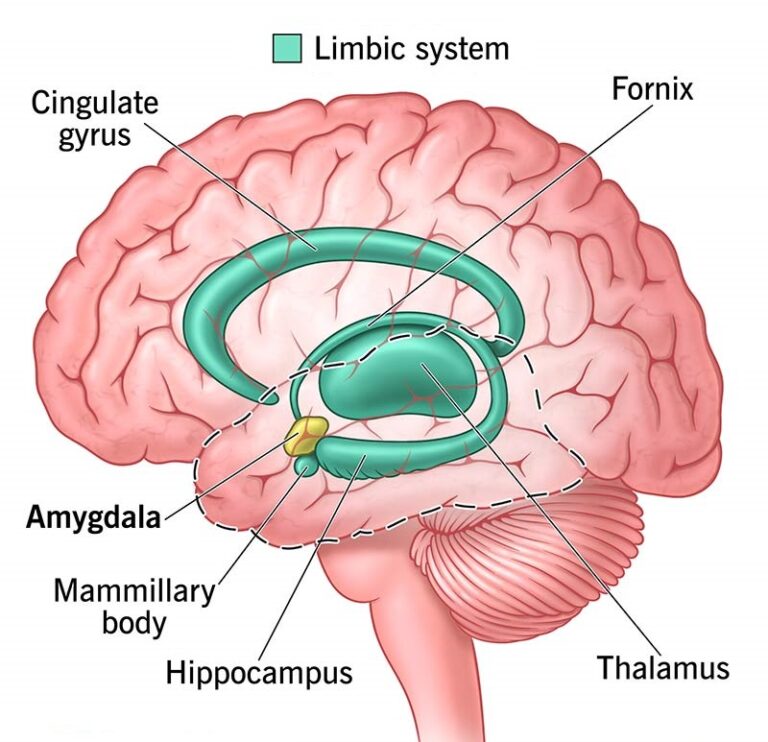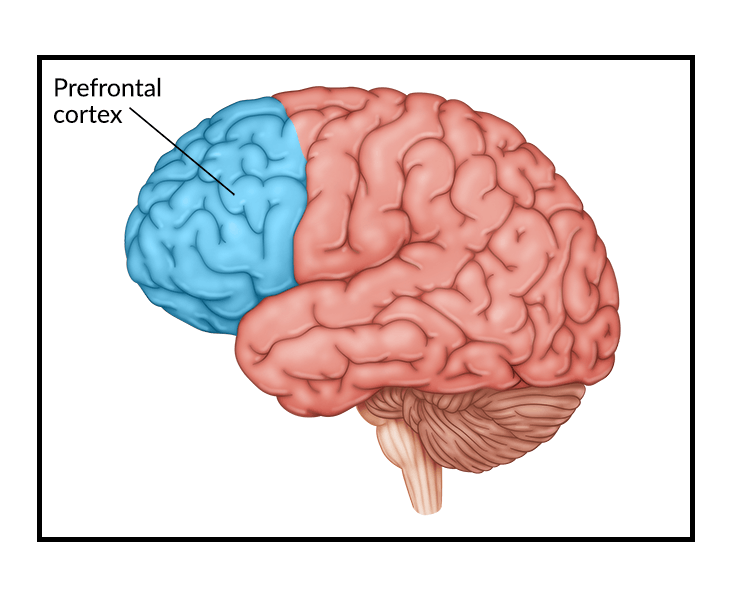
Psychological Thought in Sufism: A Journey Toward Inner Transformation
Sufism, the mystical branch of Islam, offers profound insights into the human psyche, focusing on self-purification, emotional regulation, and spiritual growth. Its psychological framework, rooted in love, surrender, and self-awareness, provides timeless guidance for understanding and transforming the human condition. By transcending ego-driven behaviors and fostering a connection with the Divine, Sufism integrates spiritual and psychological well-being.
Sufism and Psychology: An Overview
Sufism addresses the complexity of human emotions, thoughts, and behaviors through:
- Tazkiyah al-Nafs (Purification of the Self): A process of cleansing the soul from negative tendencies like greed, envy, and arrogance.
- Ihsan (Excellence): Cultivating mindfulness of God in thought and action, which parallels modern ideas of emotional intelligence and mindfulness.
- Tawhid (Unity): The recognition of oneness, leading to an integrated and harmonious personality.
In Sufism, the journey toward self-realization (ma’rifah) involves psychological growth, emotional intelligence, and spiritual enlightenment. It explores human nature through metaphors, poetry, and practices designed to awaken inner consciousness.
1. Key Psychological Concepts in Sufism
A. Nafs (The Self): Understanding Human Nature
Sufism categorizes the self (nafs) into three main stages, reflecting different levels of psychological and spiritual maturity:
- Nafs al-Ammarah (The Commanding Self): The ego-driven self, prone to impulsivity, desires, and negative emotions. It parallels Freud’s concept of the id.
- Nafs al-Lawwama (The Self-Reproaching Soul): The reflective self, striving for self-awareness and ethical living, akin to the superego in Western psychology.
- Nafs al-Mutmainnah (The Tranquil Soul): The balanced self, characterized by inner peace, mindfulness, and a connection with the Divine.
Table: Stages of the Self and Their Psychological Implications
| Stage | Description | Psychological Parallel |
|---|---|---|
| Nafs al-Ammarah | Ego-driven, dominated by desires and impulses | Impulsivity and the unconscious drives (id). |
| Nafs al-Lawwama | Reflective, self-aware, and ethical | Self-awareness and moral conscience (superego). |
| Nafs al-Mutmainnah | Harmonized, peaceful, and spiritually awakened | Inner peace and self-actualization. |
B. Sufi Practices and Emotional Regulation
Sufi practices aim to balance emotions, thoughts, and behaviors through:
- Dhikr (Remembrance of God): Repetition of divine names or phrases to calm the mind and enhance focus.
- Muraqaba (Meditation): Introspection and silent contemplation for heightened self-awareness.
- Sama (Listening): Engaging in music and poetry to channel emotions constructively and achieve spiritual ecstasy.
These practices parallel modern psychological tools like mindfulness meditation, cognitive restructuring, and emotional regulation techniques.
C. The Heart (Qalb): The Seat of Transformation
In Sufism, the qalb (heart) is central to emotional and spiritual growth. The heart is seen as the locus of love, compassion, and wisdom. However, it can be “rusted” by negative thoughts and emotions, requiring purification through dhikr and ethical living (Schimmel, 1975).
2. Psychological Growth in Sufism: A Pathway to Self-Realization
A. Love and Emotional Healing
Love is central to Sufism, seen as a transformative force for emotional healing and spiritual growth. Rumi, one of the most celebrated Sufi poets, described love as a path to dissolve the ego and uncover one’s true nature. This aligns with Carl Rogers’ humanistic psychology, which emphasizes unconditional positive regard and self-actualization.
B. The Sufi Path (Tariqa): Stages of Development
The journey of the soul in Sufism, known as tariqa, involves several stages, each representing psychological growth and spiritual development:
- Shari’a (Outer Law): Following ethical and moral codes to create structure.
- Tariqa (Inner Path): Inner exploration through meditation and self-discipline.
- Haqiqa (Truth): Direct realization of universal truths and self-awareness.
- Marifa (Gnosis): Ultimate self-realization and union with the Divine.
Table: Stages of the Sufi Path and Psychological Growth
| Stage | Description | Psychological Growth |
|---|---|---|
| Shari’a | Ethical and moral living | Establishing a foundation for personal growth. |
| Tariqa | Self-discipline and introspection | Enhancing self-regulation and awareness. |
| Haqiqa | Realization of universal truths | Insight into one’s purpose and values. |
| Marifa | Union with the Divine | Self-transcendence and inner harmony. |
3. Sufism’s Contributions to Modern Psychology
A. Mindfulness and Emotional Regulation
Sufi meditation techniques, like dhikr and muraqaba, mirror modern mindfulness practices used in cognitive-behavioral therapy (CBT) and mindfulness-based stress reduction (MBSR). These practices improve emotional regulation, reduce stress, and enhance overall mental well-being (Khusro & Qureshi, 2020).
B. Positive Psychology
Sufi teachings emphasize cultivating gratitude, compassion, and humility, which align with the core tenets of positive psychology. This approach fosters resilience and life satisfaction.
C. Transpersonal Psychology
Sufism integrates spiritual experiences into personal growth, contributing to the field of transpersonal psychology, which studies the spiritual dimensions of human existence.
Final Thoughts
Sufism offers a profound understanding of human psychology, emphasizing self-awareness, emotional regulation, and spiritual growth. Its practices and teachings resonate deeply with modern psychological frameworks, providing tools for navigating life’s challenges and achieving inner peace. By embracing Sufi principles, we can foster personal and collective well-being in a world often dominated by materialism and disconnection.
References
- Schimmel, A. (1975). Mystical Dimensions of Islam. University of North Carolina Press.
- Nasr, S. H. (2007). The Garden of Truth: The Vision and Promise of Sufism, Islam’s Mystical Tradition. HarperOne.
- Khusro, S., & Qureshi, S. (2020). The Role of Sufi Practices in Promoting Mental Health: A Review. Journal of Spirituality in Mental Health, 22(4), 367-380.
- Rumi, J. (2004). The Essential Rumi (Coleman Barks, Trans.). HarperOne.
- Rogers, C. (1961). On Becoming a Person: A Therapist’s View of Psychotherapy. Houghton Mifflin.







